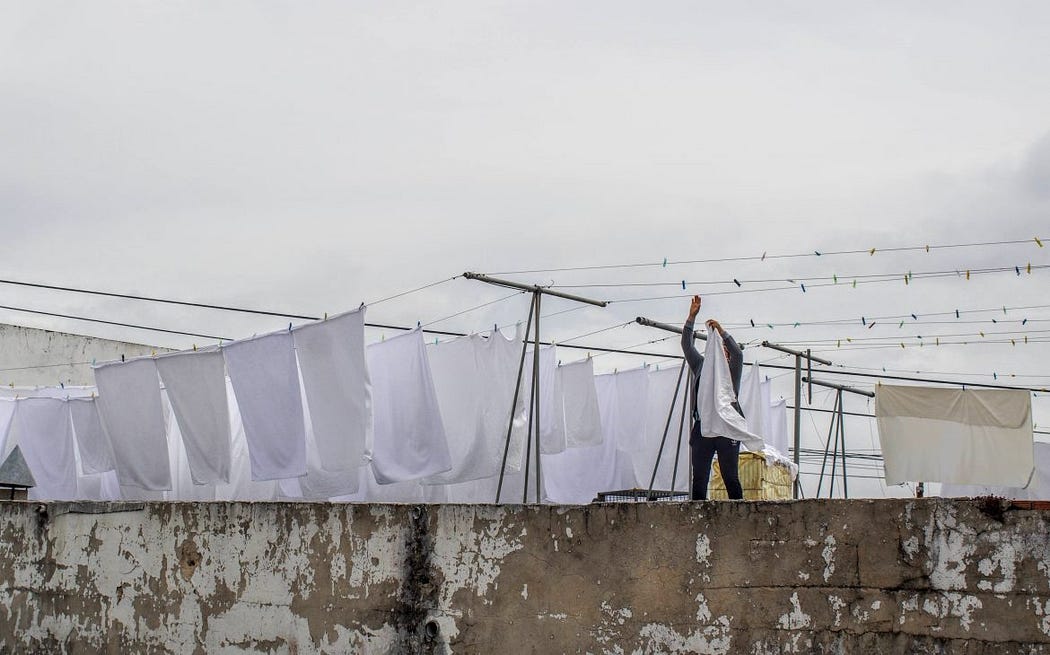In my travels to Portugal and Cuba I was struck by the use of clotheslines hanging from apartment dwellings that immediately took me back to when I was a child living both in the US and in Puerto Rico seeing my mom hang our washed clothes and linen on clotheslines in the backyard. The first time I had this reaction was when I was in Cuba and it immediately compelled me to take photos. To my surprise, when arriving in Portugal this practice was in abundance in cities such as Lisbon and Porto where hanging your clothes on your balcony or window for all the tourists to see was just priceless. Seeing these clotheslines brought back vivid memories of me helping my mom hang our clothes. I remember playing hide and seek with my siblings when white sheets of linen and towels were up, my mom shouting at us to get our dirty hands away from her clotheslines. Those memories have certainly ignited in me a desire to take photos of clotheslines as one of many of my photographic subjects. But it also had me thinking how this practice has disappeared in the US. I know that in Portugal and Cuba electric clothes dryers are not as popular due to both lack of space or cost. Also the cost of electricity in countries such as Spain and Portugal is alarming. In Spain, many of its stores and restaurants during the summer months limit the use of air conditioning. I became curious enough to do a bit of research in understanding how different it may be in the US.
First… A Bit of History About Clotheslines
As far back as the 1800’s, history can trace the use of a piece of rope or wire for people to hang wet clothes. It wasn’t until the 1940’s that clotheslines became a profitable business thanks to Hill Industries who invented the rotary clothes hoist in Australia. Other companies followed with similar products enabling women all over the world to set up clotheslines anywhere that made sense. It was not until 1938–1960 that electric clothes dryers were showing up in households who could afford them, remaining out of reach for most folks until the 1990s.

